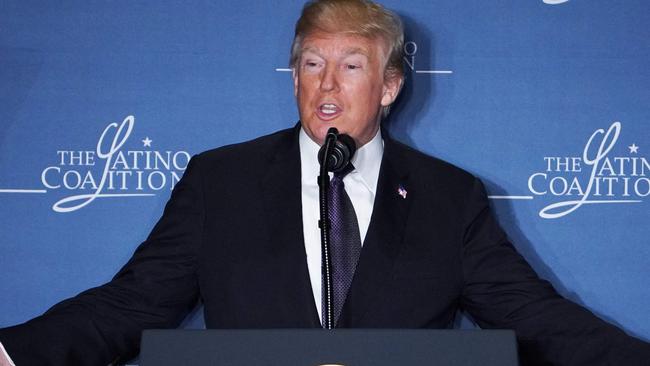
That Donald Trump’s proposed tariffs on steel and aluminium are economically damaging hardly needs to be said.
It is equally obvious that they are counter-productive — for example, making it more competitive to manufacture cars and components in Mexico and Canada, which would continue to access imported steel at low prices, than in the United States, thus aggravating the very imbalances for which Trump blames the North American Free Trade Agreement. This could explain why Trump hurriedly came up with some exemptions.
But Trump is hardly the first — nor one suspects the last — American president to protect American industries. On the contrary, the steel industry has been a long-term recipient of corporate welfare, with the Johnson administration initiating a process which led to quotas being imposed in 1969. Since then, protectionist measures have recurred regularly, with the Reagan administration being especially aggressive in terms of the range of industries it targeted.
By conventional economic standards, Trump’s tariffs are no worse than their predecessors; indeed, they are in some respects significantly better.
For example, Reagan relied on so-called ‘voluntary restraint agreements’, which were country-specific and required each country’s producers to limit their exports. The tariff equivalent of these measures was often extremely high — but because they were largely enforced by export cartels, the producers themselves secured the profits that flowed as supply was rationed, depriving US taxpayers of the revenue which would have been yielded by a tariff.
At the same time, because the limitations were specific to individual countries, the agreements encouraged inefficient trade diversion, in which exports from higher cost, but less restricted, countries replaced those from lower cost, more restricted, countries.
In contrast, Trump’s proposal involves conventional tariffs, transparently and neutrally applied. That won’t win any cheers from Australian exporters, who would prefer to be exempted; but in terms of the integrity of the world trade system, and of economic efficiency, it is an improvement on Trump’s predecessors, who repeatedly imposed discriminatory restrictions.
As a result, it would be desirable to bring some realism to the debate: unfortunately, we’ve been here before, and often too; but while there are certainly economic costs, life as we know it doesn’t come to an end.






To join the conversation, please log in. Don't have an account? Register
Join the conversation, you are commenting as Logout